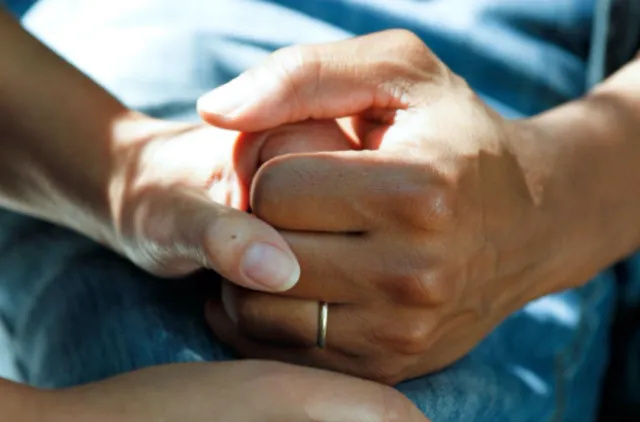
Managing Side Effects
Receiving a cancer diagnosis and undergoing cancer treatment can be challenging for both you and your loved ones. Unwanted side effects can intensify the disruption in your life even further.

Side Effects
An important step in managing your cancer and its treatment is to be informed. Cancer is a complex and challenging disease that is treated in many different ways. Before making a decision about your treatment, it is helpful to know what the common short and long-term side effects are and how to manage them. Everyone experiences treatment and side effects differently, but it can help to feel prepared. The more you know about your cancer diagnosis, treatment options, and possible side effects, the easier it will be to talk with your healthcare team to determine the best treatment plan for you.
Common Side Effects of Cancer Treatment
Below is a list of common side effects. You may experience other side effects that are not listed. Your body, cancer diagnosis, and cancer treatment are unique. Your best resource is your healthcare team. Talk to them about what side effects are likely to occur. Being better informed can help you and your healthcare team to proactively manage or possibly prevent side effects of cancer treatment so they will not decrease your quality of life or disrupt your treatment.
Some people decide they do not want certain side effects, so they talk with their healthcare team about a different form of treatment. Others manage their side effects and continue to live as normally as possible. Your healthcare team knows your unique situation and will provide you with tailored advice to help make you more comfortable throughout your treatment.








Mouth & Throat Changes
Some treatments may lead to mouth sores, dry mouth, or changes in taste or smell.






Would you like a print copy of these educational materials?
We can mail our Frankly Speaking About Cancer pieces to you. Shipping is free for up to 20 pounds.

Are You Experiencing Drastic Weight Loss or Weakness?
Significant and lifestyle-altering weight loss may be due to a condition called cancer cachexia. Cachexia is not a side effect of cancer treatment; it is a different condition.